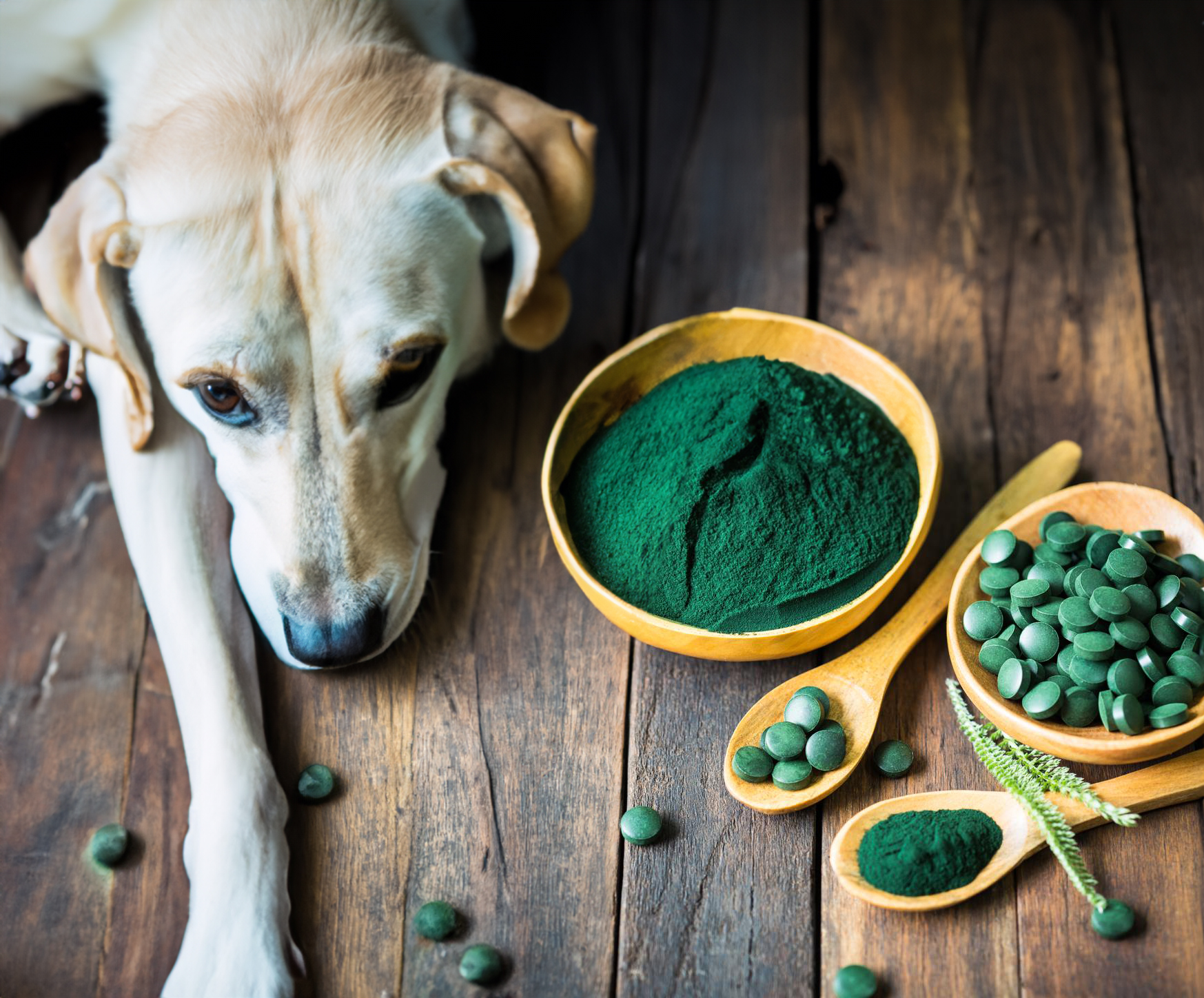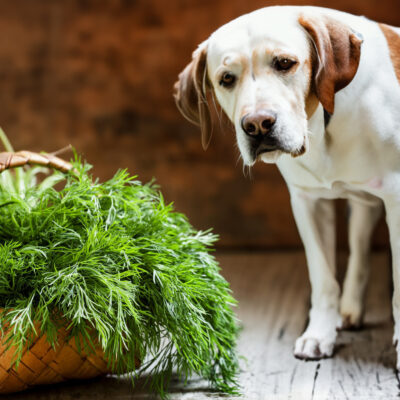If you’ve ever wondered if your beloved four-legged friend can enjoy the same herbal treats as you, you’re not alone. Sage is a popular herb used in many recipes and medicinal remedies, but can dogs safely eat sage? In this blog post, we’ll discuss the truth about sagebrush and furry friends, looking at both the risks and benefits of feeding your pup sage. Read on to learn more about the potential dangers and rewards of letting your dog snack on sage.
What is sage and its health benefits?
Sage is an aromatic herb that has been used for centuries in cooking and traditional medicine. It belongs to the mint family and is known for its distinct flavor and scent. But did you know that sage also has several health benefits?
First and foremost, sage is rich in antioxidants, which can help protect your dog’s cells from damage caused by free radicals. It also has anti-inflammatory properties, which can be beneficial for dogs with arthritis or other inflammatory conditions. Additionally, sage contains essential oils that can support healthy digestion and promote a strong immune system.
However, it’s important to note that while sage can be beneficial in moderation, excessive consumption can lead to adverse effects. Too much sage can cause gastrointestinal upset and even toxic reactions in dogs. Therefore, it’s always best to consult with your veterinarian before introducing sage or any new herb into your dog’s diet.
Can dogs eat sage?
Many pet owners may wonder if it’s safe to share their sage-infused meals with their furry friends. The truth is, while sage can have health benefits for dogs, it’s not without risks. The main concern when it comes to feeding dogs sage is the potential for toxicity. Sage contains essential oils and compounds that, when consumed in large amounts, can lead to gastrointestinal upset, vomiting, and even more serious health issues.
Therefore, it’s important to be cautious when offering sage to your dog and only do so in moderation. Additionally, if you’re looking to incorporate herbs into your dog’s diet, there are safer alternatives to consider. It’s always best to consult with your veterinarian before introducing new herbs or ingredients into your dog’s meals.
Risks and dangers of feeding sage to dogs
While sage can have potential health benefits for dogs, it’s important to be aware of the risks and dangers associated with feeding sage to your furry friend. One of the main concerns is the potential for toxicity. Sage contains essential oils and compounds that, when consumed in large amounts, can lead to gastrointestinal upset, vomiting, and even more serious health issues.
It’s also worth noting that some dogs may have allergic reactions to sage, resulting in symptoms such as itching, hives, or difficulty breathing. To avoid these risks, it’s best to consult with your veterinarian before introducing sage or any new herb into your dog’s diet. Your vet can provide guidance on safe alternatives and appropriate portion sizes to ensure your pup stays healthy and happy.
Alternatives to sage for dogs
If you’re looking for alternatives to sage for your furry friend, you’re in luck! There are plenty of herbs that can offer similar benefits without the potential risks. One popular option is parsley, which not only adds a burst of freshness to your dog’s meals but also contains vitamins A and C. Another great option is basil, which has antioxidant properties and can support healthy digestion.
If you’re looking for an herb with anti-inflammatory benefits, consider turmeric, which can help soothe joint pain and promote overall wellness. And let’s not forget about oregano, which not only adds flavor to your dog’s meals but also has antibacterial properties. So, while sage may not be the best choice for your pup, there are plenty of other herbs that can safely enhance their diet.
Benefits of herbs for dogs
When it comes to incorporating herbs into your dog’s diet, the benefits can be plentiful. Not only can herbs add flavor and variety to their meals, but they can also provide a range of health benefits. Many herbs are packed with antioxidants, which can help boost your dog’s immune system and protect against cellular damage.
Certain herbs, like parsley and basil, can even support healthy digestion and freshen your pup’s breath. And let’s not forget about herbs with anti-inflammatory properties, like turmeric, which can help soothe joint pain and promote overall wellness. So, while sage may not be the best choice for your furry friend, there are plenty of other herbs that can safely enhance their diet and provide a wide array of benefits.









